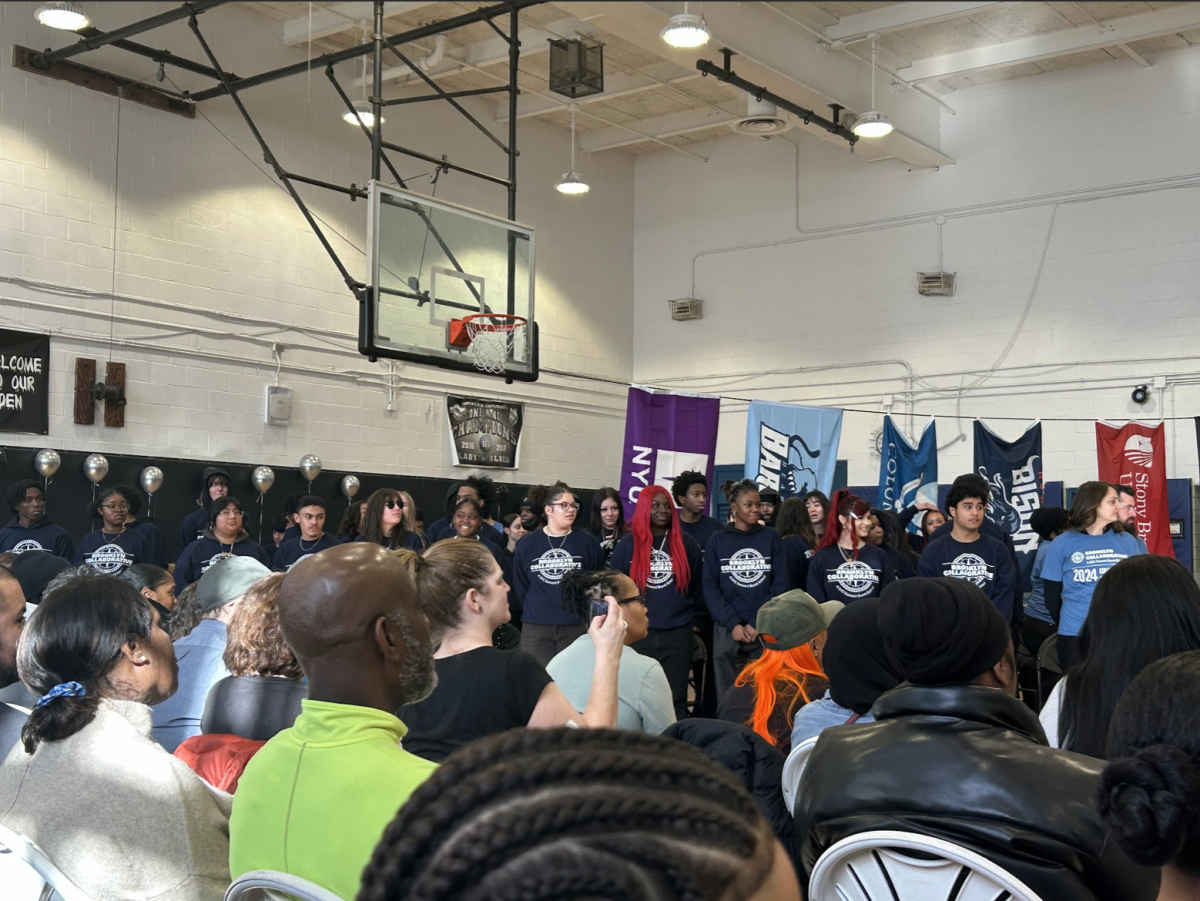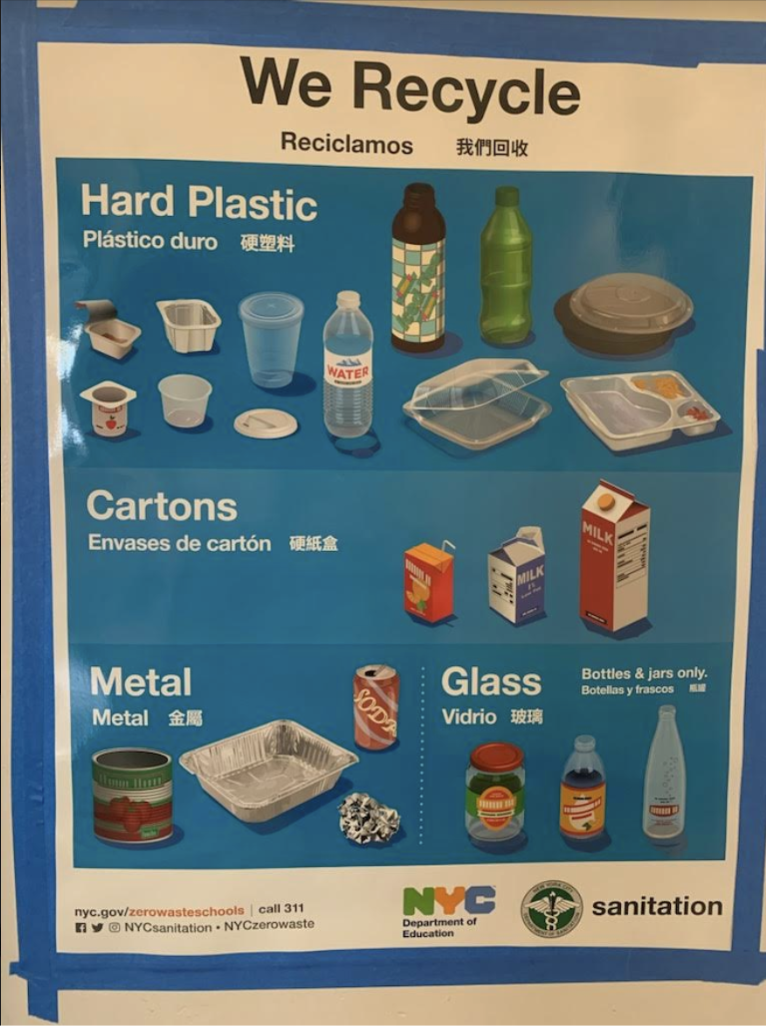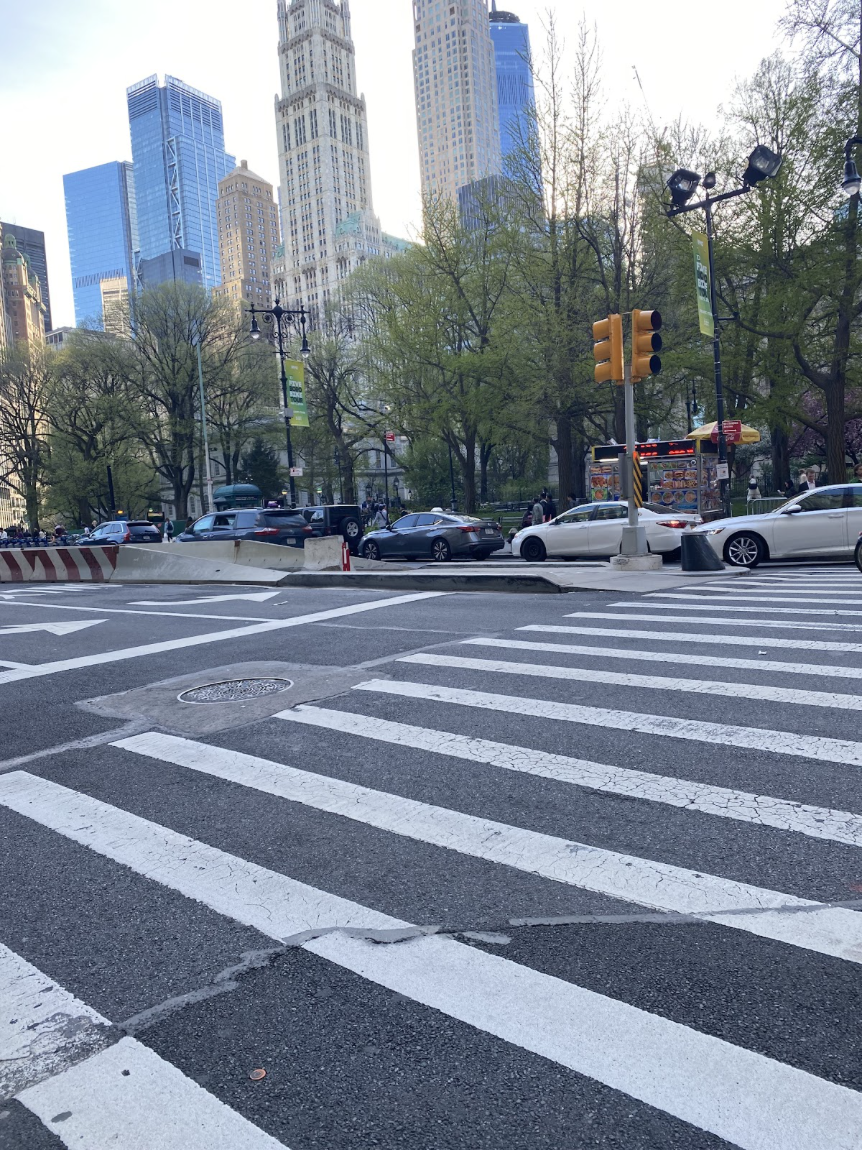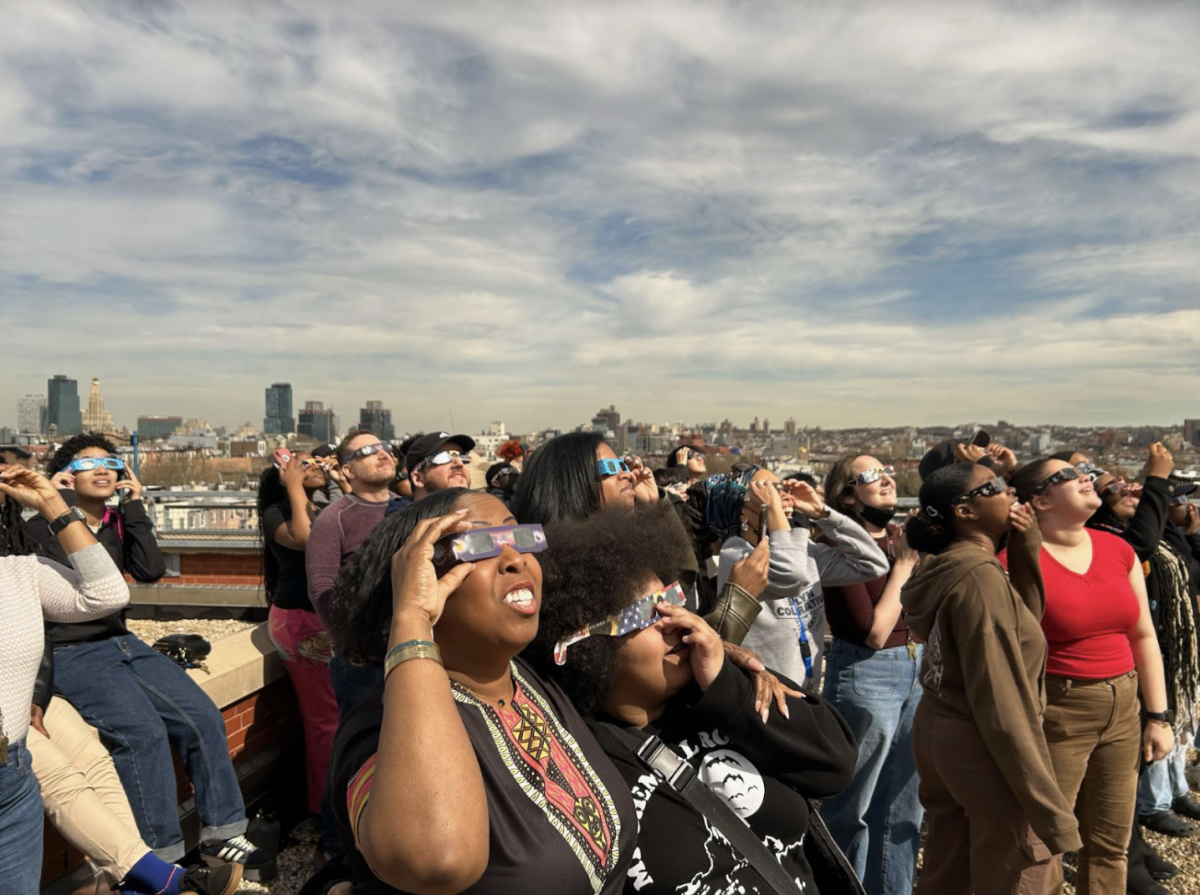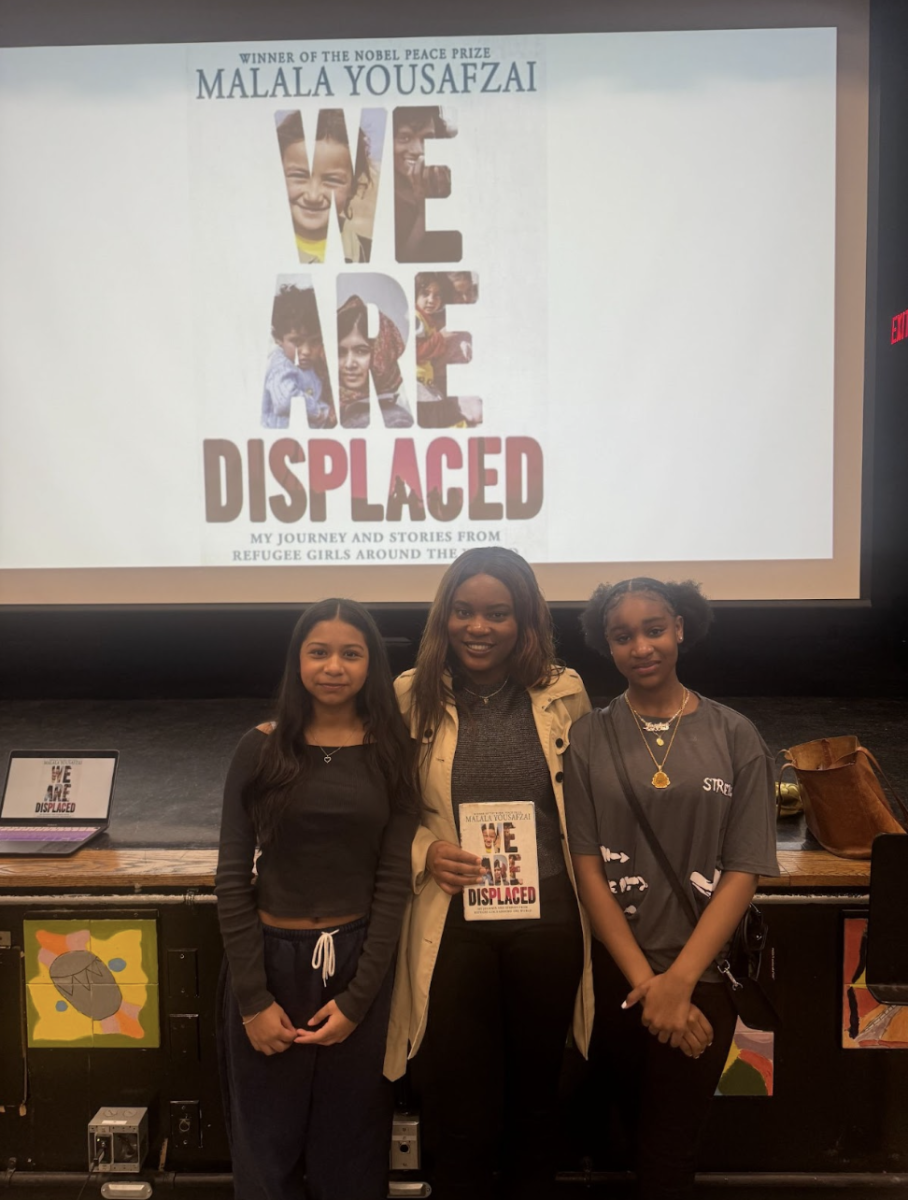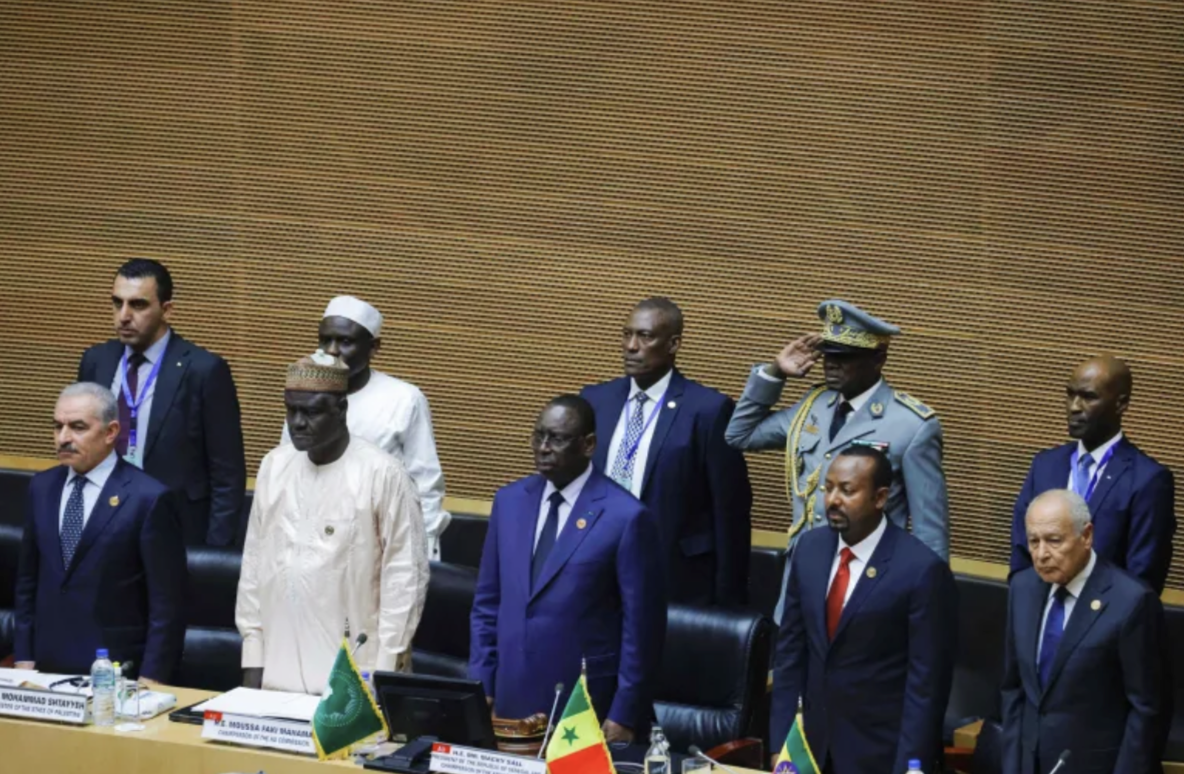In my Global Big History class, we learned about the Columbian Exchange–the exchange of plants, animals, ideas, technology, culture, people, and diseases between the Old World, the Americas, and West Africa during the 15-18th centuries. We had a debate and wrote an essay that addressed: Did the Columbian Exchange make human societies better or worse off overall? and Did the Columbian Exchange cause inequality between different regions of the world?
Writing about and debating the impact of the Columbian Exchange helped me to see how the past connected to the present. The Columbian Exchange had some benefits like the exchange of new ideas, plants, technology, and helped societies find new solutions to old and new problems. For example, crops like corn, potatoes, sweet potatoes, pumpkins, and avocados are some of the important foods in the Old World that were received from the Americas. The Old World brought crops and animals like bananas, sugar cane, cows, and pigs to the Americas.
The Columbian Exchange caused inequality between different regions of the world which we still see the effects
today. It placed labels of financial class on certain foods and cultures that impacted today’s society and kept people in different classes based on their culture. The Columbian Exchange made Africa seem poor and lacking in key resources.
One of the the most significant immediate effects of the Columbian Exchange were the cultural exchanges and the transfer of people–free and enslaved–between the Old World, Americas, and West Africa. The Columbian Exchange had other negative impacts.
One major problem was the arrival of Europeans to the Americas carrying germs and diseases like smallpox and measles that devastated large numbers of the indigenous people that we still see today. The loss of indigenous life from disease and war led to a shortage of labor. Europeans turned to Africa to fill this shortage. The result was that millions of slaves were forced to produce crops. This inhumane system would become race-based and pass on through generations.
Many of the racial and cultural stereotypes that are present in today’s society can be traced to the Columbian Exchange. Such ideas about race, culture, and class traveled through time and we need to stop and think about it. We can change things when we know the history and see the impact.
